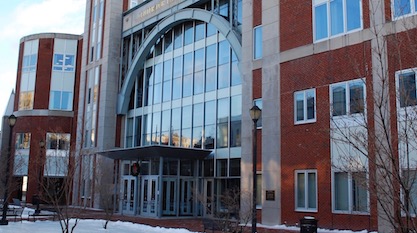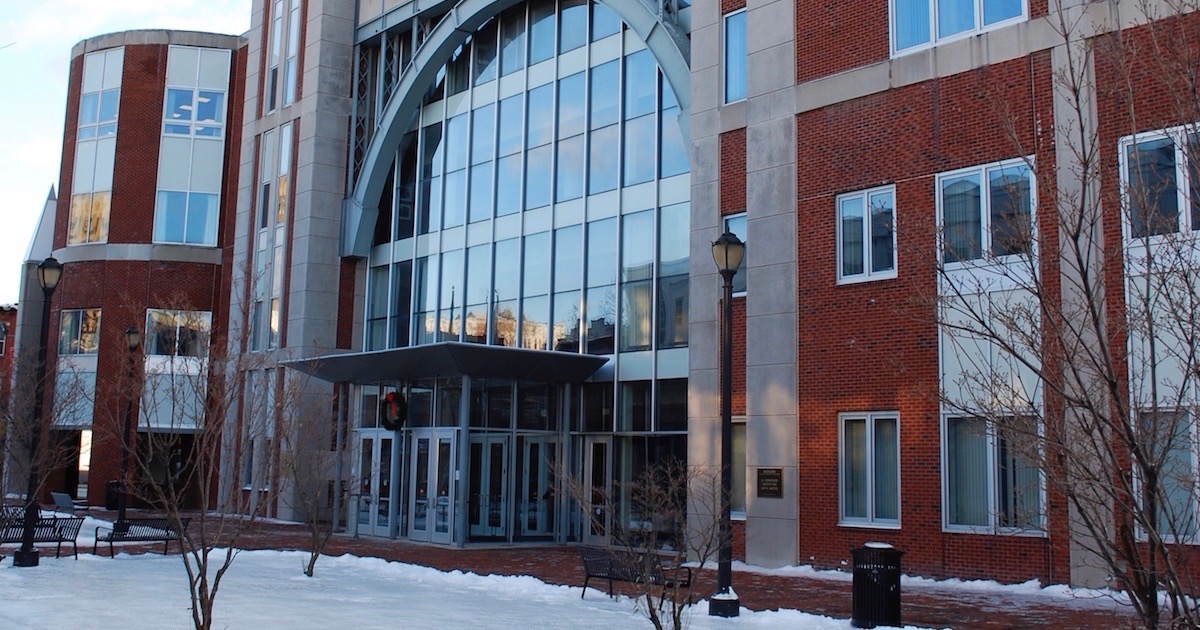 Education
Education
 Evolution
Evolution
Rutgers University Law Journal Advocates “Intelligence-Based Alternatives” to Darwinism


Here’s a mainstream academic journal questioning the usual dogmatic approach to teaching about Darwinian evolution. That’s a rarity!
I was recently passed an interesting article from the Rutgers Journal of Law & Religion entitled “Evolution, Intelligent Design and the Establishment Clause.” It was published in 2018.
I found attorney Roger Tarbutton’s main point to be accurate in theory, if not practical for our country. He notes:
[A]s recent advances in genetic and molecular science increasingly challenge the tenets of Neo-Darwinism, the teaching of non-random, intelligence-based alternatives should be permitted under the Establishment Clause provided such alternatives are supported by scientific evidence and are presented in a secular manner.
As you’ll know from reading our Science Education Policy, Discovery Institute strongly advocates against pushing intelligent design into public school curricula. However, teachers and students should be free to discuss scientific controversies over abiogenesis and biological evolution as documented in the mainstream scientific literature.
In other words, do not bring Meyer’s Darwin’s Doubt or Behe’s Darwin Devolves into the public high school biology classroom. Do bring the journals Nature, Science, The American Biology Teacher, and more. May a teacher let students know what evolutionary biologists had to say about their own field at the November 2016 Royal Society meeting? Sure.
Natural Genetic Engineering
But back to Tarbutton’s paper. In discussing scientific research questioning the Modern Synthesis, he refers back to the philosopher Henri Bergson’s idea of a “vital impulse” operating in life — that, in other words, evolution displays creative direction. He says that this accords with University of Chicago biochemist James Shapiro’s natural genetic engineering.
What is that? Shapiro, who participated in the Royal Society conference I mentioned, proposes that the cell influences its own destiny; it edits its own genes as well as a myriad of other things. Shapiro, not a proponent of intelligent design, writes in Evolution: A View from the 21st Century: “The capacity of living organisms to alter their own heredity is undeniable. Our current ideas about evolution have to incorporate this basic fact of life.”
He observes (as Tarbutton quotes):
Cells constantly adjust their metabolism to available nutrients, control their progress through their cell cycle to make sure that all progeny are complete at the time of division, repair damage as it occurs, and interact appropriately with other cells. In a multicellular context, they even undergo programmed cell death when suicide is beneficial to the entire population or to the multicellular organism as a whole.
Tarbutton also discusses the emergence of mitochondria through processes that are not neo-Darwinian.
I don’t usually see friendly articles on K-12 evolution education published in mainstream scholarly publications. That the Rutgers Journal of Law & Religion saw this as fit to publish possibly indicates a shift and a willingness to acknowledge new scientific evidence. How refreshing!
Photo: Rutgers University School of Law, by Umdet [CC BY 3.0], via Wikimedia Commons.
